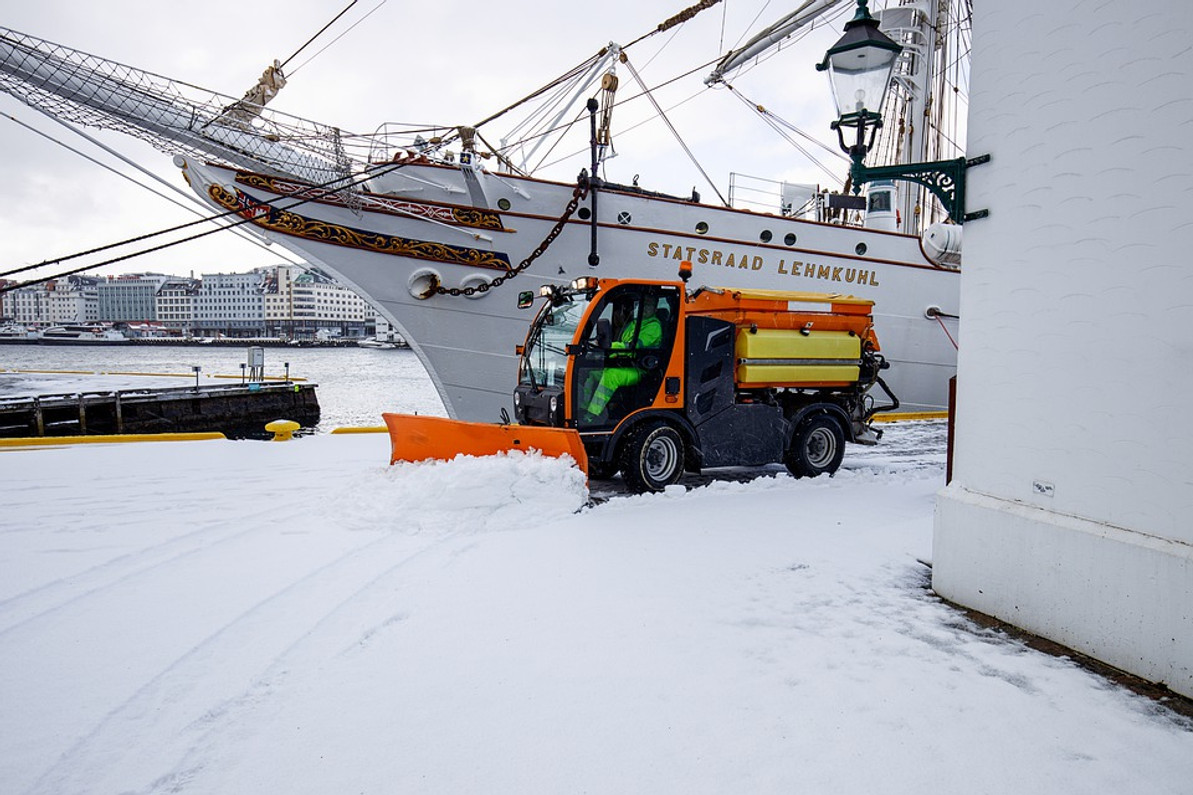How to Prevent Chilblains When Working in the Cold
Does your job require you to work in cold weather? Even if the temperature is above freezing, you could develop a skin condition known as chilblains. Chilblains involves blood leaking out of the blood vessels. It's typically associated with cold weather. When exposed to cold weather, your blood vessels will contract. Upon warming, blood will quickly flow through the blood vessels, which can cause them to leak.
Chilblains is oftentimes painful. As blood leaks out of your blood vessels, it can leave your skin tender and sore. Most chilblains occur on the extremities, such as the toes and fingers. And if left untreated, it can lead to inflammation, blisters and even ulcers. How do you prevent chilblains when working in the cold exactly?
Double-Up on Socks
Wearing two pairs of socks can lower your risk of developing chilblains. As previously mentioned, chilblains typically develops on the extremities, such as your toes. As your toes get cold, the blood vessels inside of them will begin to contract. Doubling-up on socks will insulate your toes -- as well as the rest of your feet -- so that they are better protected against chilblains.
Wear Gloves
Always wear gloves when working in cold weather. Both your toes and your fingers will be susceptible to chilblains. This is because they'll receive less blood than the rest of your body. As the blood vessels in your toes and fingers contract, you may develop chilblains in them. You can protect your toes from chilblains by doubling-up on socks, and you can protect your fingers from chilblains by wearing gloves.
Take Breaks to Warm Up
Try to get into the habit of taking breaks to warm up your body. Working for a full eight hours in cold weather may result in chilblains. When it's time to take a break, go indoors where you can warm up your body. Even if it's only for a few minutes, a short break can lower your risk of developing chilblains. It will give your body an opportunity to warm back up so that chilblains are less likely to occur.
Avoid Excessive Heat
It may sound unusual, but exposure to excessive heat may cause chilblains. Chilblains is the result of blood bursting out of the blood vessels. When you move from a cold environment to a hot environment, your blood vessels may expand too quickly, which can cause them to leak blood. The bottom line is that you should avoid excessive heat.
Recent Posts
-
Fire Safety in the Workplace: What You Need to Know
What steps are you taking to prevent fires in your workplace? According to the U.S. Occupational Saf …Aug 23rd 2023 -
Is It Safe to Go Jogging With a Cold Infection?
If you're suffering from a cold infection, you might be wondering whether it's safe to go jogging. T …Aug 22nd 2023 -
5 Safety Tips to Follow When Using a Powder-Actuated Tool
Powder-actuated tools are commonly used to join materials to steel and concrete. Also known as Hilti …Aug 20th 2023




